Fleeting Wonders: All The Soviet Monuments In Poland
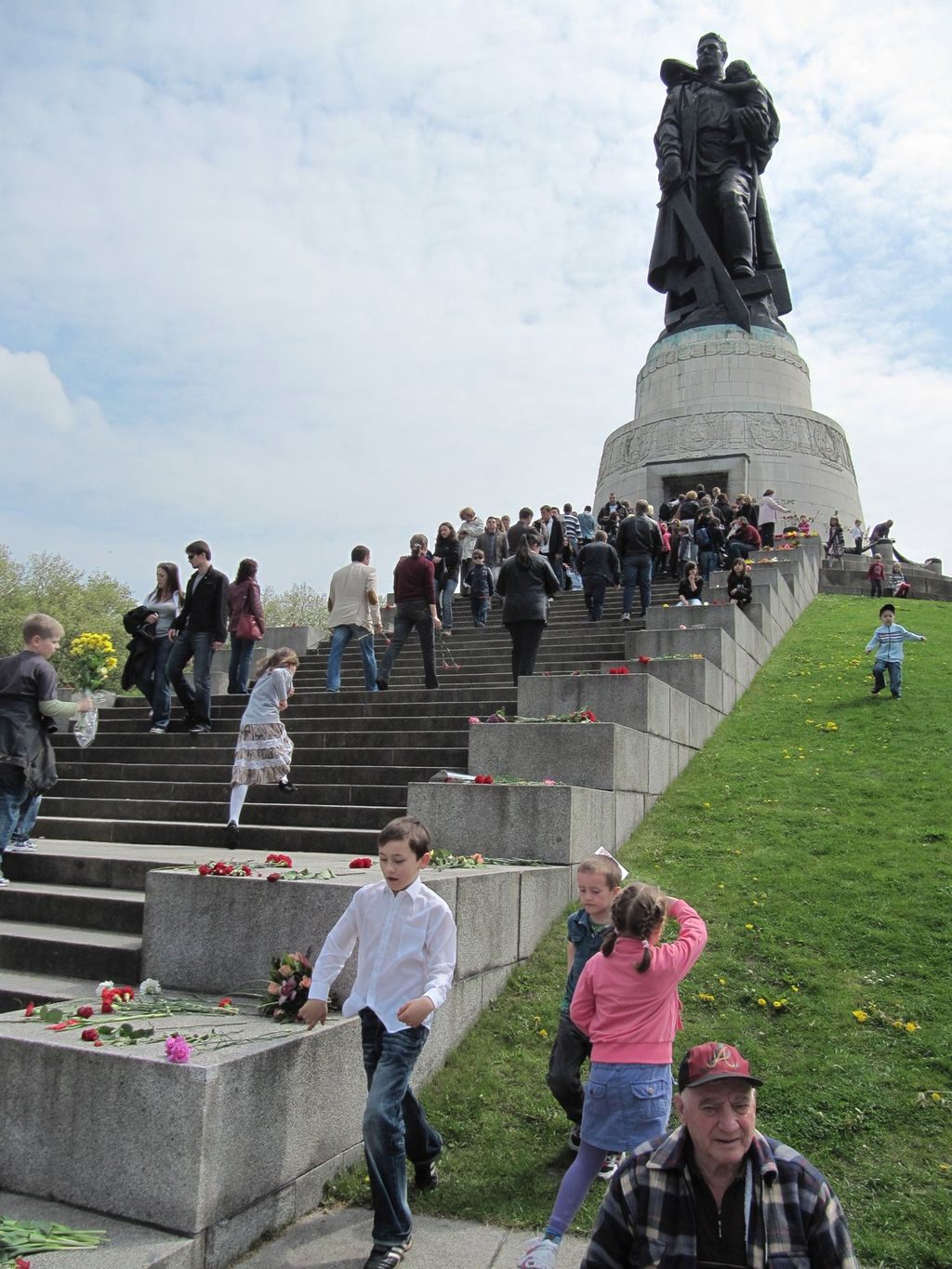
People celebrating the 65th anniversary of the Red Army’s victory over Germany at the Soviet War Memorial in Berlin. The Mielec monument was a smaller version of this one. (Photo: Bernd Brincken/WikiCommons CC BY-SA 3.0)
Decades after the dissolution of the Soviet Union, Red Army soldiers still survey much of Eastern Europe, staring out from the tops of monuments in Estonia, Latvia, Poland, and many other former territories.
But history buffs hoping to check these monuments off of their bucket lists may want to do so ASAP, since–as the Polish Ambassador to Russia stated last week–most of them can be taken down at any time.
This reminder comes soon after the county council in Mielec, Poland voted unanimously to take down their town’s Memorial of Gratitude to the Red Army. Authorities say the monument, which featured an obelisk topped with a two-ton statue of a “Liberator Soldier” holding a sword and carrying a small child, posed a safety risk. The Russian foreign ministry decried the removal, calling it and similar dismantlings throughout Poland an “orgy” of vandalism and a breach of accords.
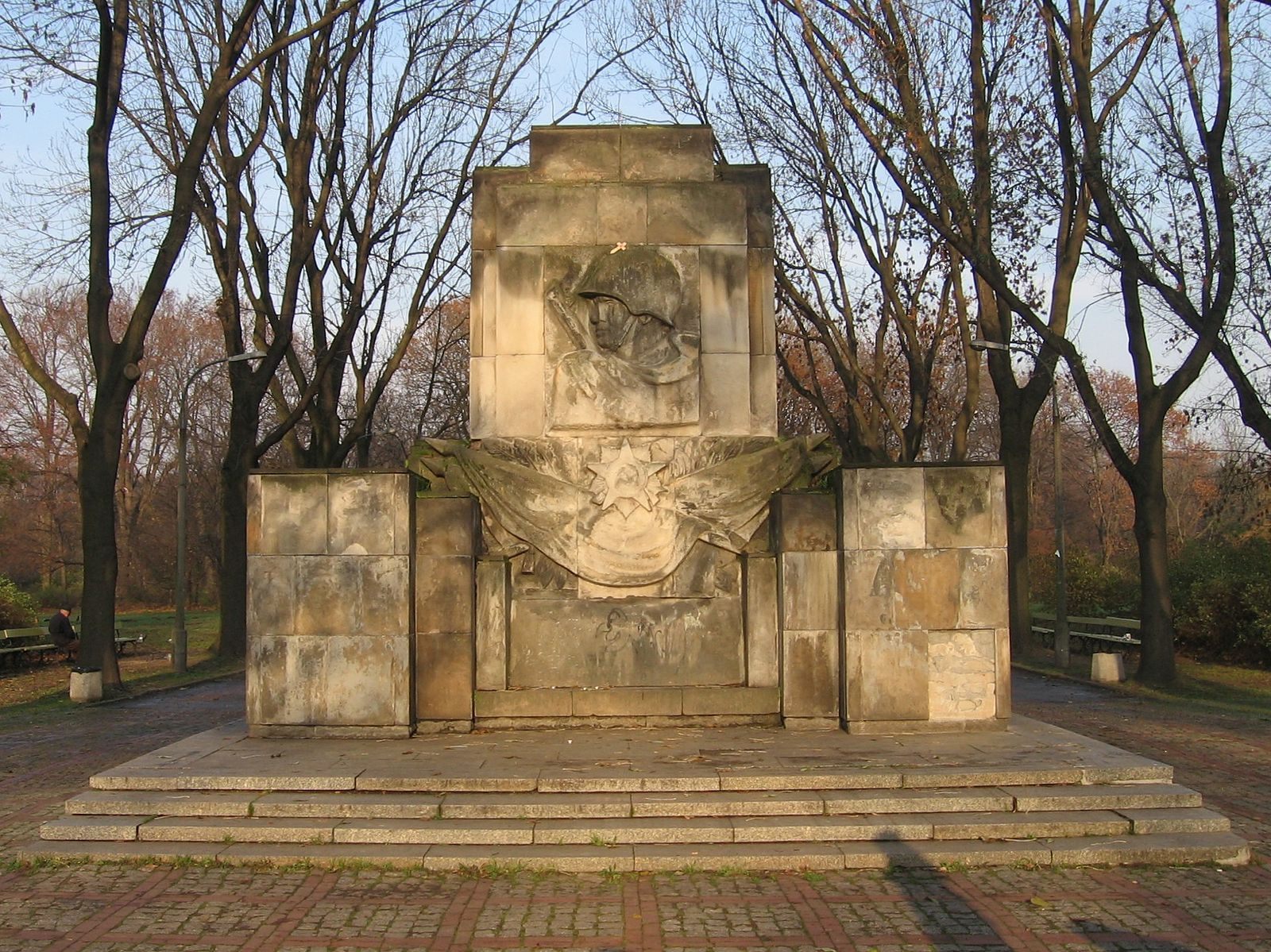
This Red Army Memorial, in Skaryszewski Park in Warsaw, was removed by Polish officials this past July. (Photo: masti/WikiCommons CC BY-SA 3.0)
Poland disagrees. While cemeteries and burial sites are indeed protected by an international agreement, “so-called symbolic monuments, where no one is buried… can be dismantled in accordance with certain procedures,” ambassador Katarzyna Pelczynska-Nalecz said last week.
Red Army monuments are scattered throughout the former Eastern Bloc. Like most large commemorative objects, they mean different things to different people. While some consider them fitting memorials for soldiers killed during “the struggle to free Europe from fascism,” others see them and remember that that they were, in many cases, built and funded by a populace that suffered as much (or more) under their so-called liberators as they had under the previous regime.

The Monument to the Soviet Army in Sofia, Bulgaria, reinterpreted by art group Destructive Creation. According to Wikipedia, Bulgarian teens want to keep the memorial intact because of its “surrealistic, unreal atmosphere.” (Photo: Ignat Ignev/WikiCommons CC BY 3.0)
As a result, although the monuments still serve as gathering sites for vigils and memorial celebrations, they are also used as beacons for public protest, or even canvasses for artistic reinterpretation. In 2011, a group of artists in Sofia, Bulgaria “updated” their local Monument to the Soviet Army by refashioning the soldiers as Superman, Ronald McDonald, and other American pop culture mainstays.
According to Polish Radio, the dismantled Mielec monument will be transferred to a history museum–a better fate than the one that befell the many pre-Soviet monuments destroyed by the Red Army.
Every day, we track down a fleeting wonder—something amazing that’s only happening right now. Have a tip for us? Tell us about it! Send your temporary miracles to cara@atlasobscura.com.

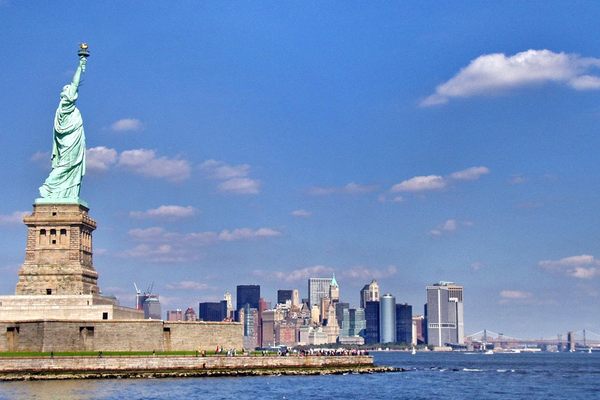
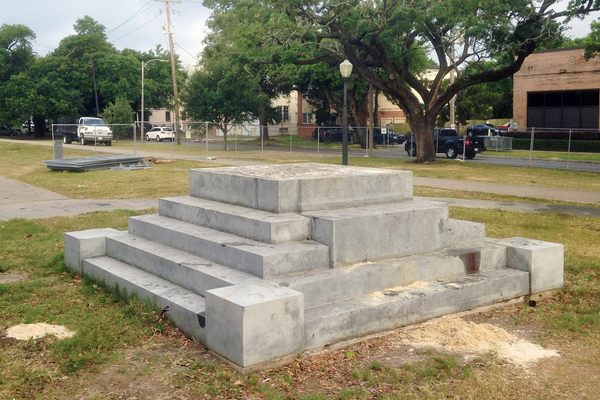
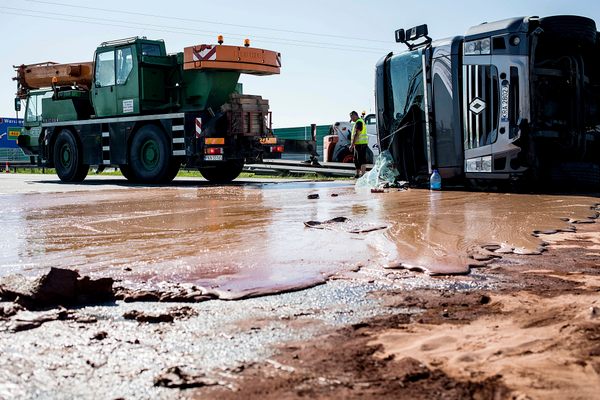


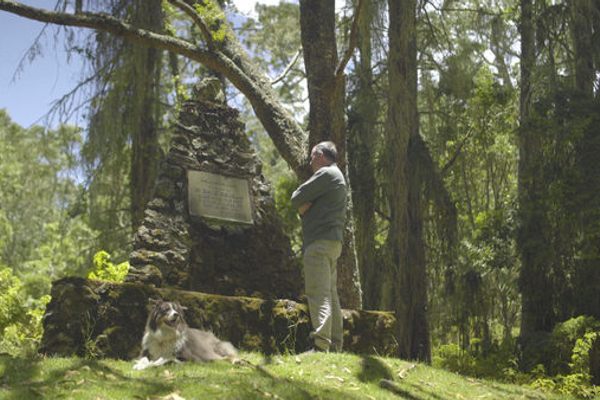


Follow us on Twitter to get the latest on the world's hidden wonders.
Like us on Facebook to get the latest on the world's hidden wonders.
Follow us on Twitter Like us on Facebook